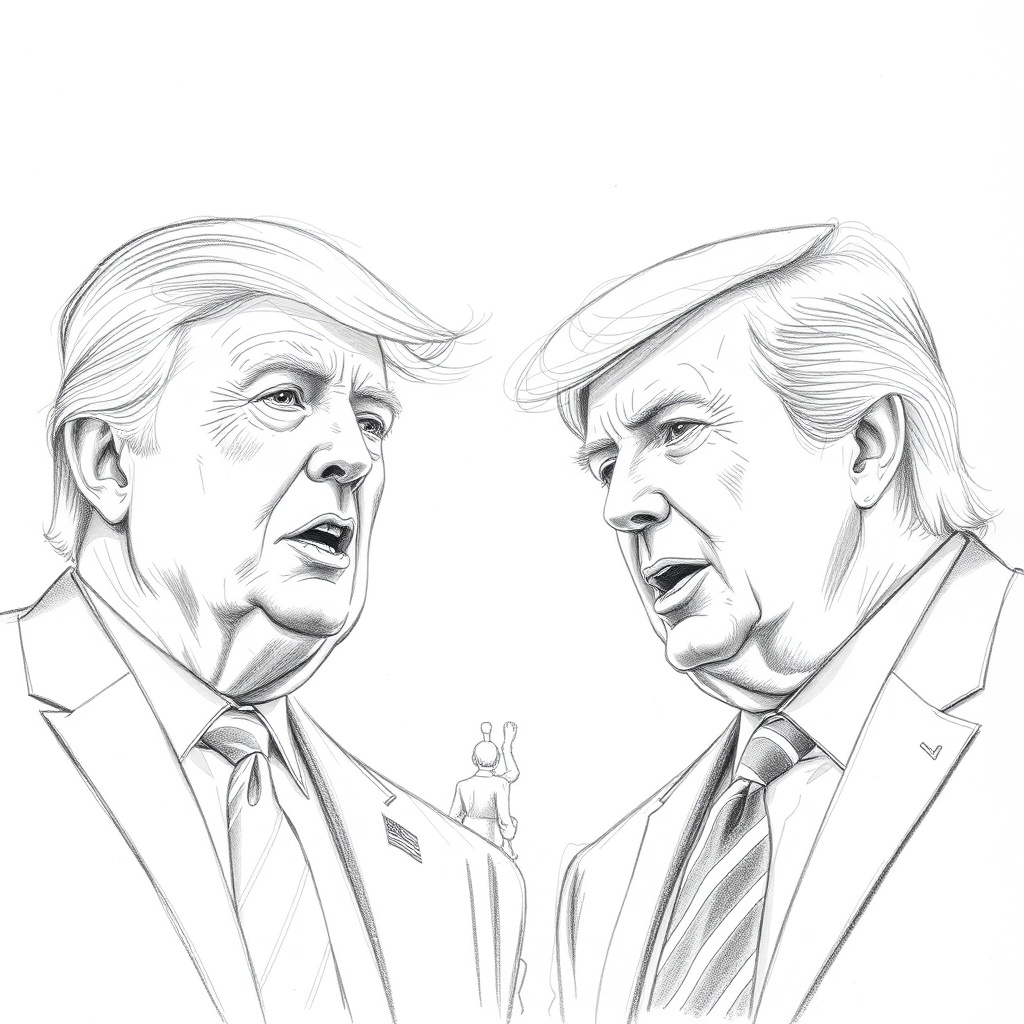Protect Democratic Debate from Political Disinformation: A Practical Guide for Citizens, Platforms, and Policymakers
Political Disinformation: Practical Steps to Protect Democratic Debate
Political disinformation undermines trust, distorts public debate, and can influence decisions that affect everyone. As digital platforms expand the reach and speed of political messaging, citizens, institutions, and policymakers need practical strategies to protect election integrity, civic discourse, and the information ecosystems that healthy democracies depend on.
How disinformation spreads
Disinformation thrives where incentives favor engagement over accuracy. False or misleading political claims are amplified by algorithms that prioritize attention, by coordinated inauthentic behavior, and by actors who exploit social divisions. Once a narrative takes hold, correction is slow and uneven; repeated exposure makes misleading claims seem familiar and thus more credible.
Actions citizens can take
– Develop media literacy habits: Verify surprising or emotionally charged claims before sharing. Check multiple reputable sources, look for original documents (e.g., official statements, court records), and review context rather than headlines alone.
– Slow the spread: Pause before liking, commenting, or forwarding political content.
A short delay reduces impulsive sharing and gives time to check accuracy.
– Use credible verification tools: Rely on established fact-checking organizations, reverse-image search, and archive services to spot manipulated media.

Bookmark reliable sources for quick reference.
– Engage respectfully: When correcting friends or family, focus on facts and avoid ridicule. Corrections that respect identity and values are more likely to be heard.
What institutions should prioritize
– Transparency in political advertising: Platforms and regulators should require clear labeling of paid political content, disclosure of funding sources, and accessible ad libraries so researchers and voters can trace messaging patterns.
– Strengthened platform accountability: Social media companies must combine better content moderation with clearer rules, faster responses to coordinated manipulation, and audits by independent researchers. Policies should balance safety with freedom of expression.
– Support for independent journalism: Local and investigative news outlets play a critical role in verifying claims and holding power to account. public and private funding mechanisms can help sustain high-quality reporting where market forces have weakened local coverage.
– Robust election integrity: Secure voting infrastructure, transparent procedures, and accessible audit processes reduce opportunities for false claims about results and strengthen public confidence.
Policy levers that work
– Promote civic education: Incorporate critical thinking, digital literacy, and source evaluation into curricula so voters develop habits that resist manipulation.
– Encourage cross-sector partnerships: Governments, tech companies, civil society, and academia should share data and best practices for detecting disinformation, while safeguarding privacy and civil liberties.
– Invest in research: Continuous study of disinformation tactics and platform dynamics helps policymakers adapt. Funding independent labs and academic centers creates an evidence base for effective interventions.
Preserving democratic norms
Combating disinformation is not about silencing dissenting views; it’s about ensuring debates are grounded in fact and that voters can make informed choices. Strong institutions, transparent practices, and everyday citizen habits combine to make public discourse more resilient. When individuals slow down, platforms act responsibly, and institutions stay transparent, the space for healthy political conversation grows.
Practical next steps for readers
Subscribe to one reputable fact-checking newsletter, install a browser tool for image verification, follow a local newsroom, and model patient sharing habits on social media. Small actions multiply, protecting the quality of information that underpins democratic life.